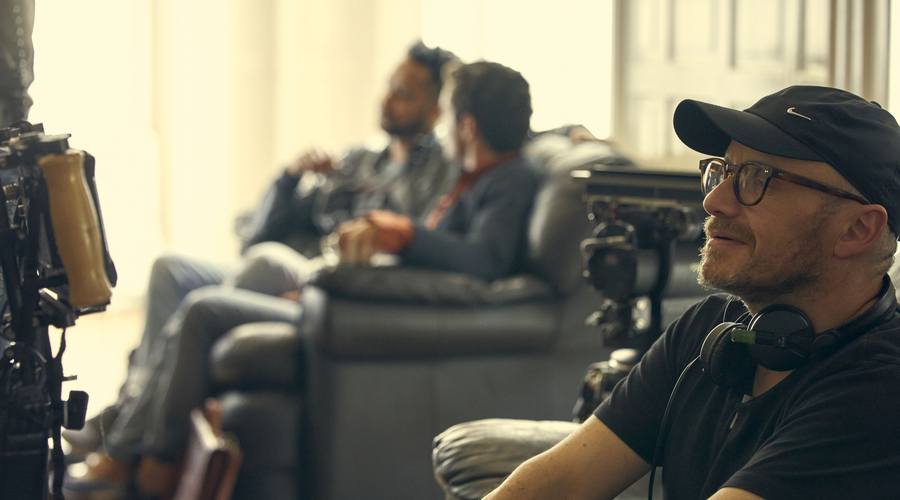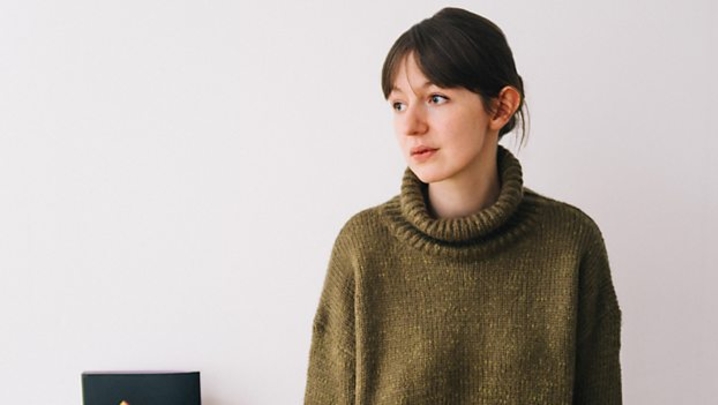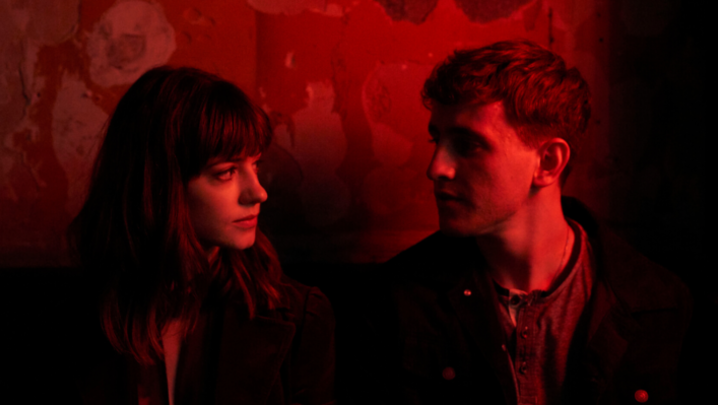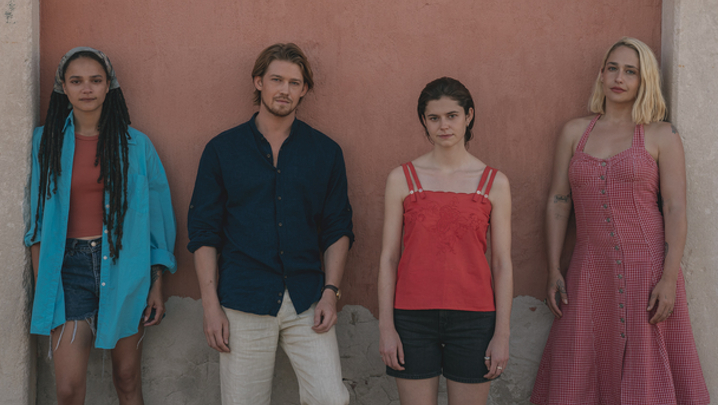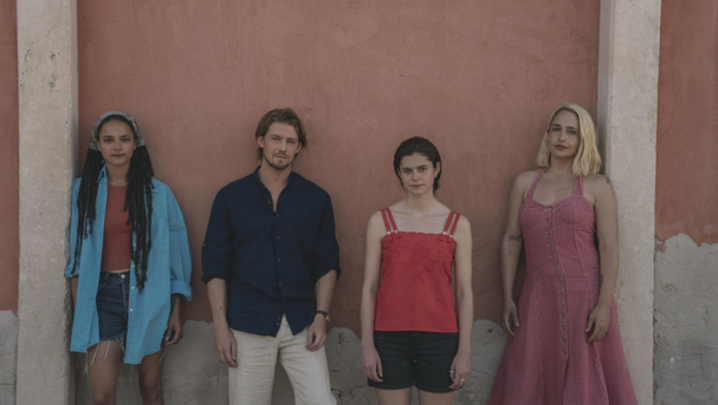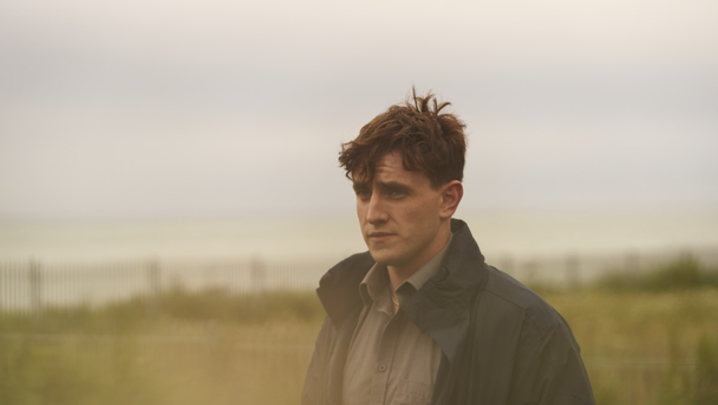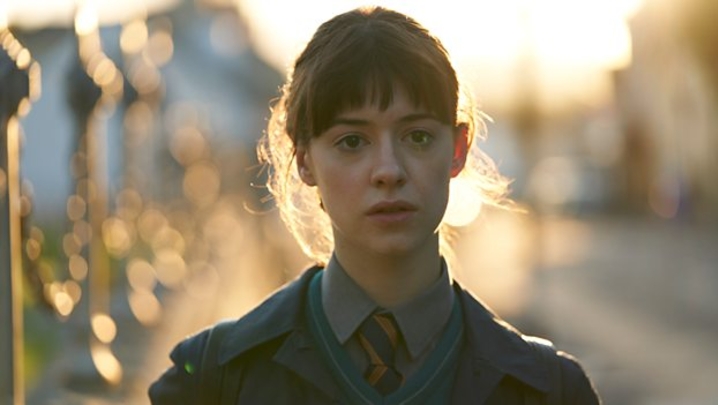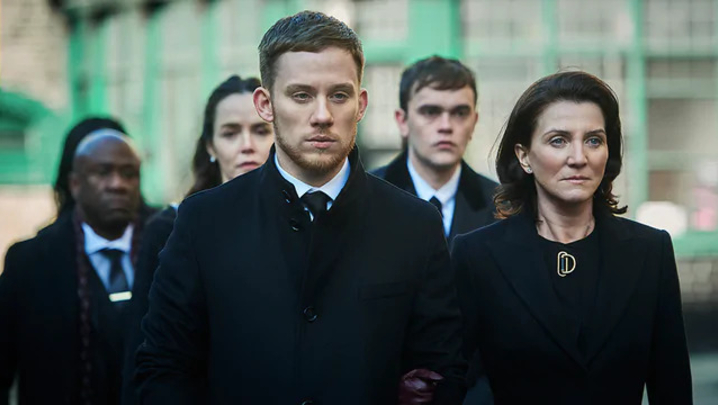If the springtime of 2020 taught us anything, it’s that ‘battening down the hatches’ looks less like the chaotic, frenzied scenes of apocalypse movies, and more like watching two teenagers from Ireland fall in love for six straight hours on TV.
While we all tuned into Normal People to escape the news, executive producer and co-director Lenny Abrahamson tuned into the news to escape Normal People. Or, at least, he tried to.
"I remember thinking, ‘I'm just going to listen to something really depressing that has nothing to do with arts and culture," he says. "So I switched on Brexitcast, and the first few words were them talking about watching Normal People over the weekend. I just thought, ‘Oh, Jesus!’”
"I didn’t think we’d have a mass audience at all, none of us did."
The Oscar-nominated director of Room (2015) is famed for his incredibly intimate filmmaking, but Normal People’s visceral evocation happened to arrive at the very point in our lives when intimacy seemed forbidden. The series had inadvertently tapped into the longing desires of an entire nation trapped languishing indoors.
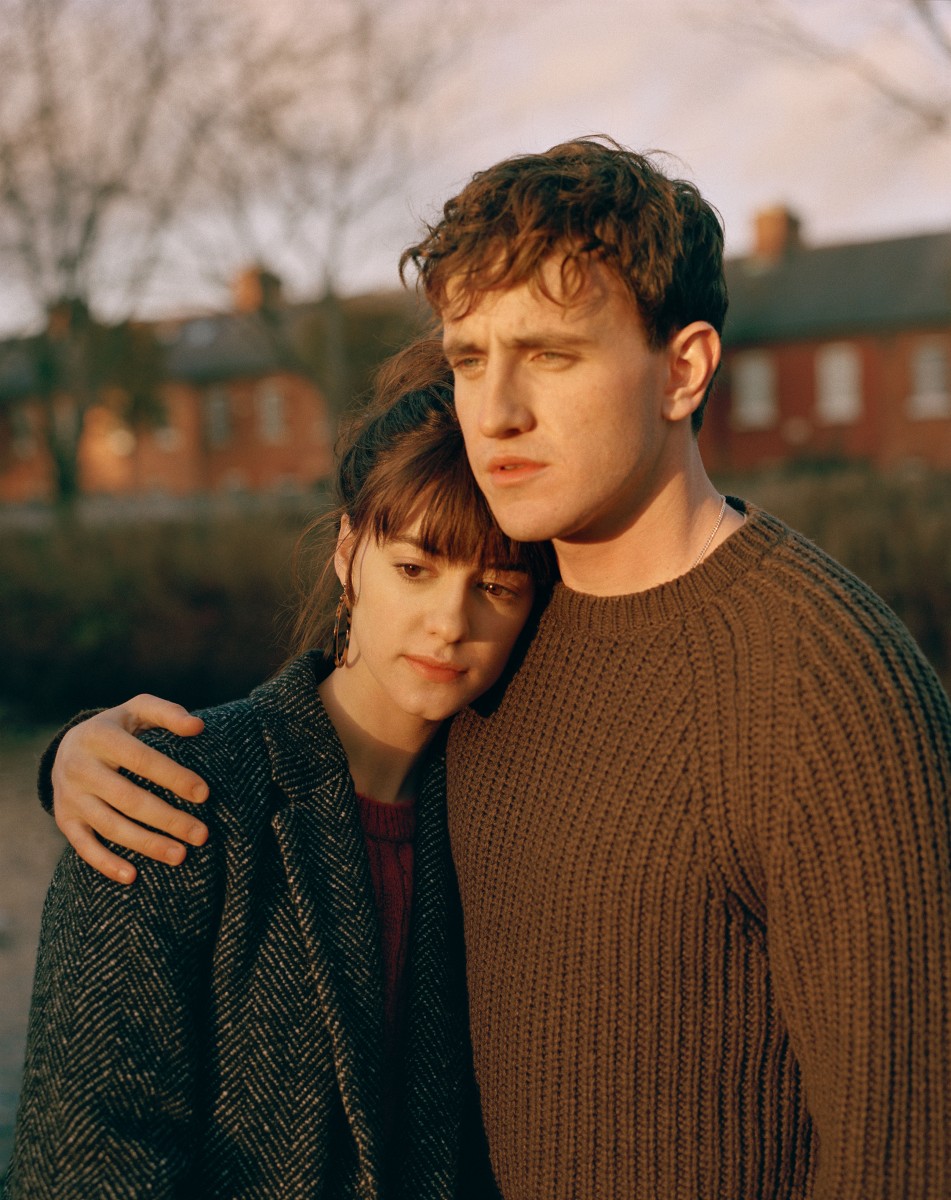
(Credit: BBC/Element Pictures/Hulu)
“A lot of people were stuck on their own in lockdown, but even with people who weren't, I think there was a heightened awareness of the centrality of key relationships in your life which come into focus when other things are taken away,” Abraham proposes.
“When there's a sense of unease and the idea of things potentially going very wrong, maybe that anxiety opens people up emotionally to a sort of encounter that Normal People happened to provide at that moment,” he adds.
Adapted from Sally Rooney’s acclaimed novel, the series traces the relationship between Connell (Paul Mescal) and Marianne (Daisy Edgar Jones) through school and their time at Trinity College Dublin, charting the unparalleled anguish of first love.
Abrahamson had approached the Irish author to adapt Normal People before it had even been published. “It went out into the world as we were working on the adaptation...sitting on the tube and seeing two or three people with the novel. Then it just blew up,” he says.
The novel’s success brought with it a whole new level of pressure, to do the story and its characters justice. Central to this was capturing the complex interiority and heart-rending vulnerability of Marianne and Connell, played by Paul Mescal and Daisy Edgar Jones.
“I was watching [Paul and Daisy], and I looked around and two of the producers were tearing-up"
Abrahamson describes the mesmerising experience of watching the pair read together for the first time in the audition room. “I was watching them, and I looked around and two of the producers were tearing-up. They just had this lovely, absolutely genuine rapport.”
“I think if you were to lean too hard into [the characters] as described in the book, you'd end up with the kind of cliché of the difficult rebel girl and the conformist, anxious boy," he explains.
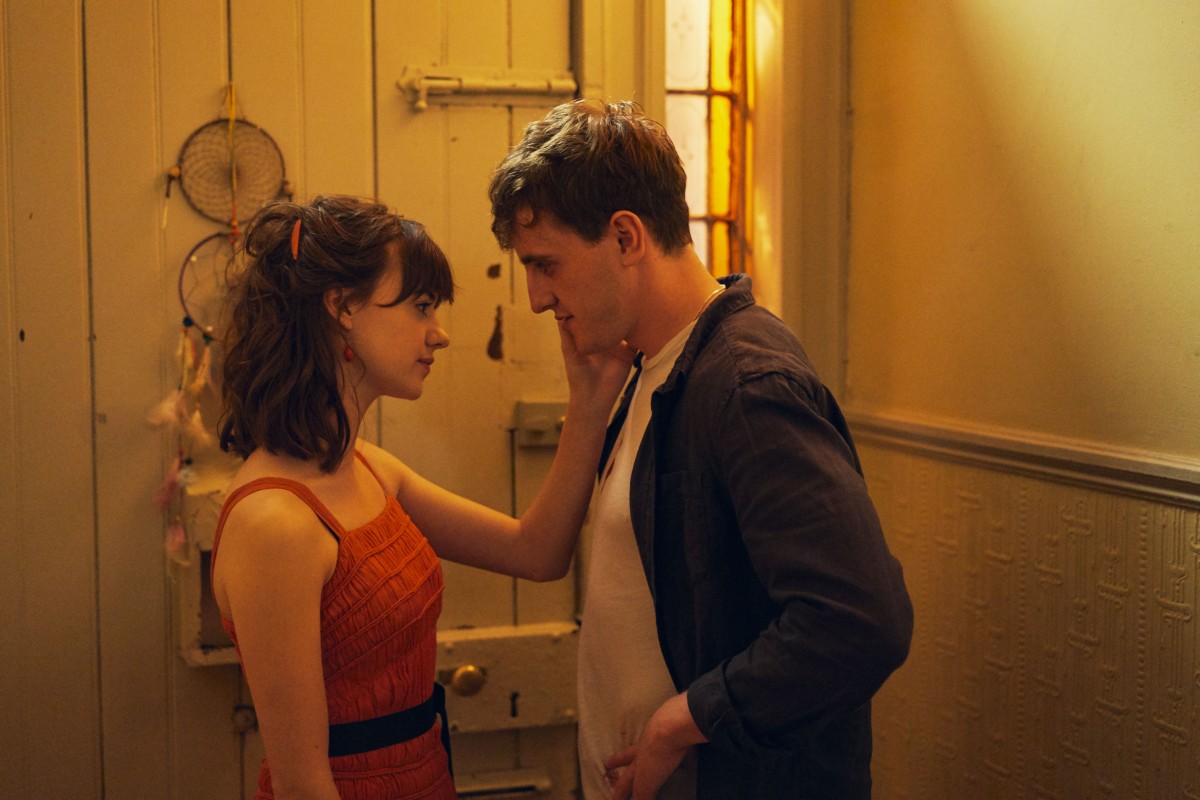
“We wanted the strokes to be not that broad. When we saw the two of them together, it just had all that subtlety. Without the two of them we wouldn't be talking about the show, however nicely made it was.”
Much like the series’ lead characters, Abrahamson was also a Trinity scholar and even lived in the redbrick buildings depicted on screen. “The feeling of the campus is so built into me, and obviously Sally as well. It was the first kind of intimate connection to the place I'd had for years,” he says.
By returning to his old stomping ground to shoot Normal People, Abrahamson had neatly come full circle. Back when he was a student in the 80s, the location fee paid by Michael Caine’s film Educating Rita to shoot on Trinity’s campus was given to film students to experiment with. Abrahamson used the money to fund his first short film, The 3 Joes, effectively kick-starting his career.
Predominantly known as a filmmaker, Abrahamson was unphased by the transition from the silver to the small screen. “Twenty years ago, you had to be more direct and less fancy, more meat-and-potatoes about your filmmaking if you were working for television,” he explains. “It’s just an amazing transformation that now television can hold multitudes of cinematic approaches, just like film can.”
The closest the director has gotten to re-watching Normal People since it’s been broadcast was catching snippets over his wife’s shoulder as she watched on her laptop. “Every so often I’d look over, she had headphones on, and she’d be in absolute floods of tears. I keep forgetting it has this kind of emotional power,” he laughs.

The series has been lauded for its authenticity, and a key part of this is the refusal to sacrifice the story’s quintessential Irishness, despite being a transatlantic production between Hulu and the BBC.
From ‘Debs’ to ‘Schols’, Abrahamson was expecting network notes about paring down the Irish vocabulary and accents, but they never came. “It's taught us a lot about television. We had this misconception that that would limit its audience,” he says. “But I think people respond to the specificity of it, they recognise that these seem like real people in a real place.”
Hulu and the BBC are once again pairing up with Abrahamson and the team at Element Pictures to adapt Sally Rooney’s first novel, Conversations With Friends. The series will follow two ex-girlfriends, now best friends, Frances and Bobbi, as they begin an entangled affair with an older couple.
Unlike Normal People, the cast and crew of Conversations With Friends will have to navigate shooting in a COVID world when filming begins in February. Despite the added difficulties, Abrahamson remains raring to go. “It feels like the family’s back together, and we’re diving in,” he enthuses.
The director anticipates the series will be ready to air by early 2022. Hopefully, the world will feel more normal by then, but even if it isn’t, at least we’ll have one saving grace: the chance to watch more Irish people fall in love for six straight hours on TV.
Lenny Abrahamson won the Award for Director - Drama at the Royal Television Society Craft & Design Awards 2020.
The full series of Normal People is available to watch on BBC iPlayer.

